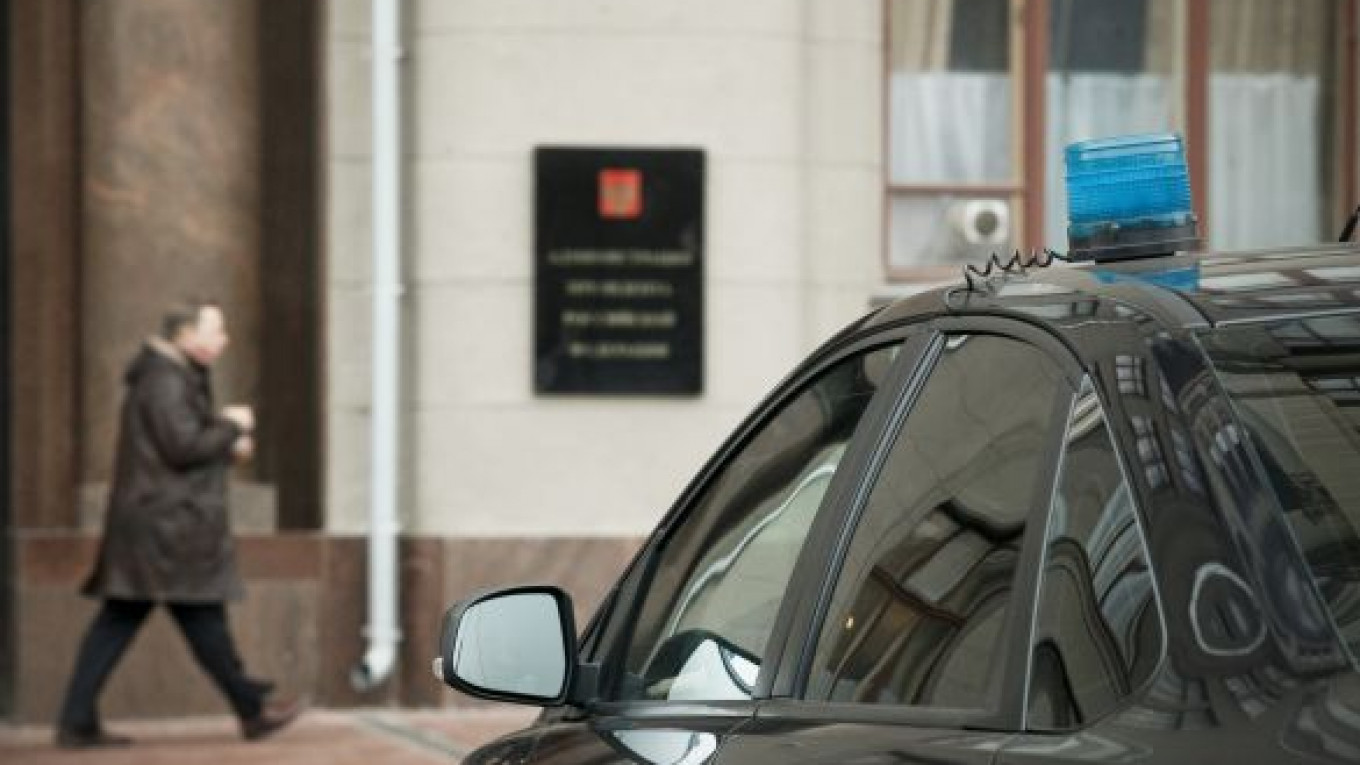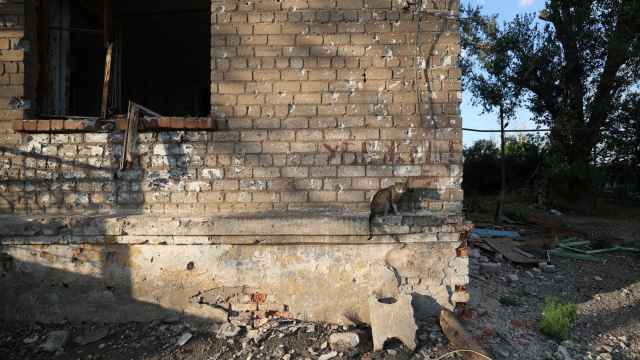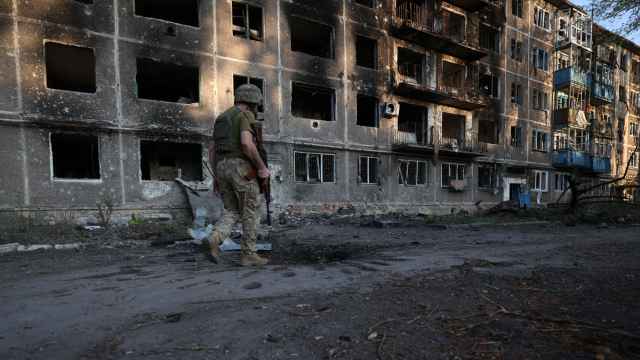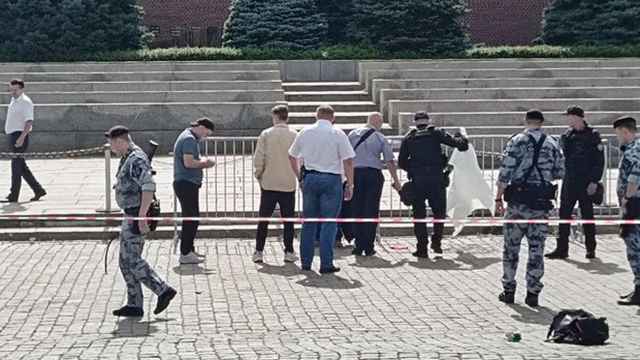President Vladimir Putin has made the Federal Financial Monitoring Service answerable to him in a new decree on the structure of federal bodies of executive power.
That service, commonly known as Rosfinmonitoring, deals with money laundering. In particular, it coordinates agencies to combat laundering, collects information on monitored financial transactions, conducts inspections and can suspend financial operations.
If its officers conclude that a crime has been committed, their materials are forwarded to law enforcement.
According to a Kremlin source, the service could become the basis for the creation of an anti-corruption agency with broader powers, including tracking public procurement, which exceeds 5 trillion rubles ($167 billion) per year.
The Federal Financial Monitoring Service was one of four departments that have kept flashing blue lights on their cars, the source said.
Reassigning Rosfinmonitoring to presidential control will mean a rapid enhancement of the service's powers to fight corruption and the use of offshore and front companies, said Kirill Parfyonov, president of the Bank Bookkeepers' Club.
Rosfinmonitoring already has unique authorities. For example, under the law on combating money laundering, it receives information about bank transactions by individuals in excess of 600,000 rubles. Police and tax authorities have access to such information only for criminal investigations.
In 2011, the service conducted 788 inspections and imposed fines totaling 42.7 million rubles. It estimated the volume of net capital outflow abroad "with signs of money laundering" in the same year at 1 trillion rubles.
A Message from The Moscow Times:
Dear readers,
We are facing unprecedented challenges. Russia's Prosecutor General's Office has designated The Moscow Times as an "undesirable" organization, criminalizing our work and putting our staff at risk of prosecution. This follows our earlier unjust labeling as a "foreign agent."
These actions are direct attempts to silence independent journalism in Russia. The authorities claim our work "discredits the decisions of the Russian leadership." We see things differently: we strive to provide accurate, unbiased reporting on Russia.
We, the journalists of The Moscow Times, refuse to be silenced. But to continue our work, we need your help.
Your support, no matter how small, makes a world of difference. If you can, please support us monthly starting from just $2. It's quick to set up, and every contribution makes a significant impact.
By supporting The Moscow Times, you're defending open, independent journalism in the face of repression. Thank you for standing with us.
Remind me later.







